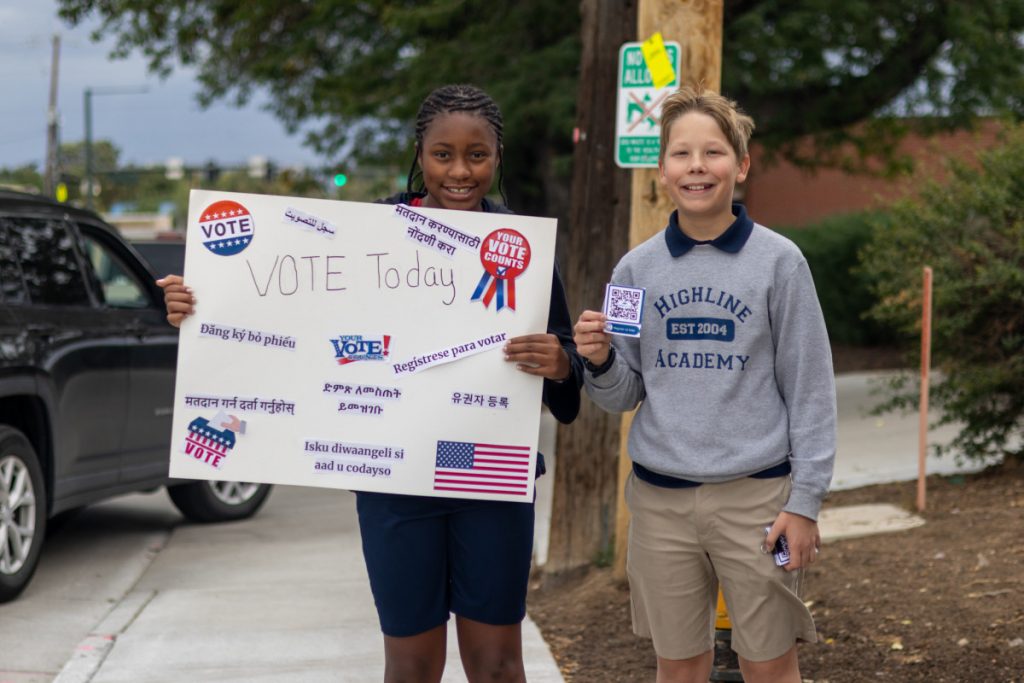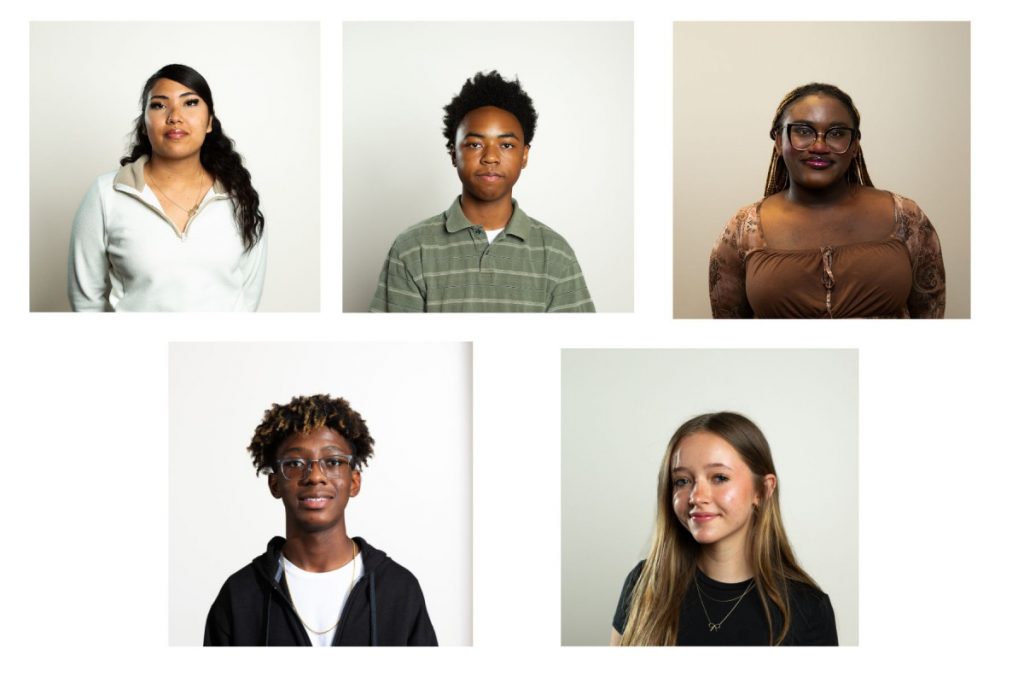When I began working in education eight years ago, I never thought I would need to weigh the pros and cons of education pandemic pods, online learning, and face masks for children and staff.
Unfortunately, those discussions are now part of our collective psyche and extend beyond those who work in education. The effects of COVID-19 and racism on P-20 education are discussed by people around the world in multiple sectors. Faced with this reality, I am routinely asked – what is going to happen to the education system?
Sadly, I don’t have the answers but I do know there is tremendous value in rich discussions across broad groups, educators and otherwise.
On August 11, A+ Colorado released Outliers 2020: Colorado Schools Beating the Odds, a comprehensive review of school district performance across multiple matrices. The report continues to elevate districts across the state that are serving students well in addition to districts that have gaps in student outcomes.
Of particular note, Outliers highlights stagnant math scores across Colorado which underscores the need to invest in math education to improve educational outcomes for students across income, race, and ethnicity groups. But there are bright spots worth noting: in math, Lewis-Palmer had the highest growth for Black or African-American students and Colorado Springs 11 had the highest growth for Hawaiian and Pacific Islander students.
You are probably asking – why are we talking about educational outcomes when educational systems across the world are struggling to respond to COVID-19 and questions of race? I have certainly heard many suggest that my focus on these issues only exacerbates the problem and that my perspective is “antiquated.”
To those critics, my answer is simple – the future of education depends on transparent, collaborative, and vulnerable conversations about where we are and where we go.
Now is the time to share all available information across district, professional, and political lines. In February, 2020, the Colorado Department of Education received a $2.7 million grant over three years to make infrastructure improvements to its statewide longitudinal data system and provide better data visualization tools. During the Colorado State Board of Education meeting on August 12, 2020, stakeholders highlighted the need to connect data to important issues in education, including student matriculation and career readiness.
Outliers offers detailed analysis, through a visual dashboard, to understand college-going and college-readiness rates across Colorado.
Additionally, access to information is essential to make informed decisions. Because some members of the Denver Public Schools Board of Education take a paternalistic and privileged view regarding access to educational data – i.e. data is weaponized by those with access to the information – now is the time to push for complete data transparency to ensure historically marginalized communities are armed with the information needed to dismantle inequitable educational systems.
We can’t dismantle oppressive systems if those in power withhold the information from the public nor can those in power unilaterally decide what information is relevant and important.
Finally, inter-district collaboration can provide a vital opportunity for districts to share successes and challenges so that we can collectively solve some of the most difficult challenges schools face. Whether it is COVID-19, virtual learning, or serving Colorado’s 13,000+ students experiencing housing insecurity, the collective wisdom of 179 school districts is needed. Reports such as Outliers provide a starting point for that conversation.
If you are one of those individuals who dismisses Outliers as out-of-touch with the current state of education, you are not only missing the point, you are turning your back on the future of education. Reimagining education during COVID-19 and anti-racism movements requires active, vulnerable conversations about our collective successes and failures in education.
Otherwise, we are doomed to repeat the past over and over again.




